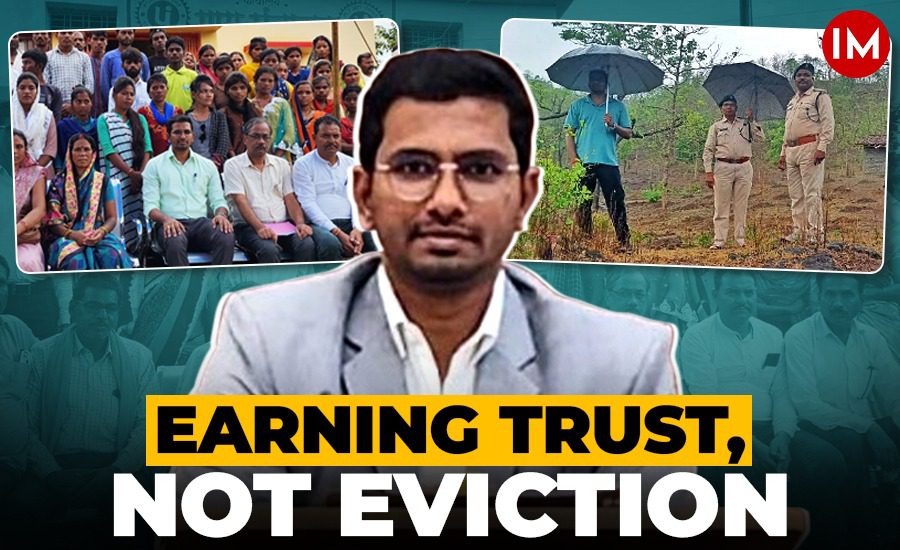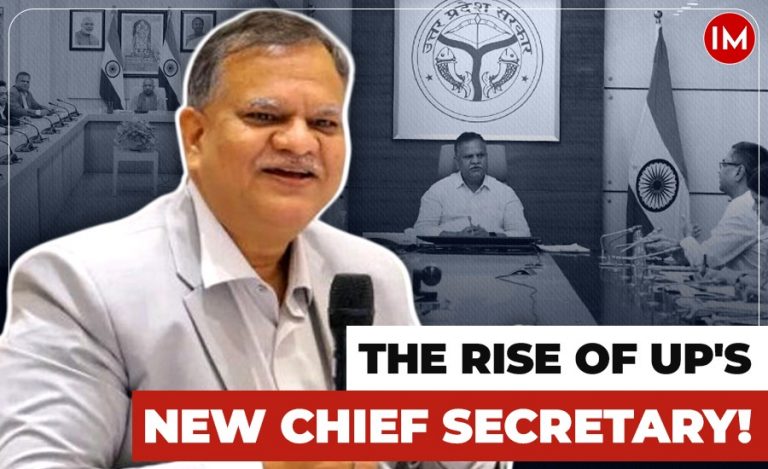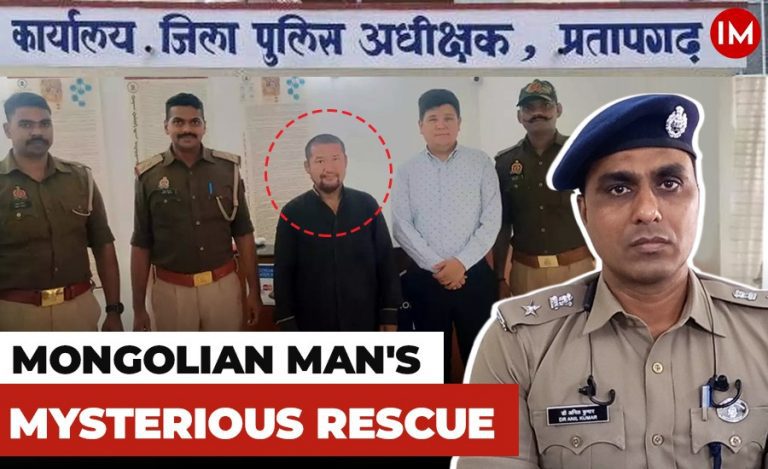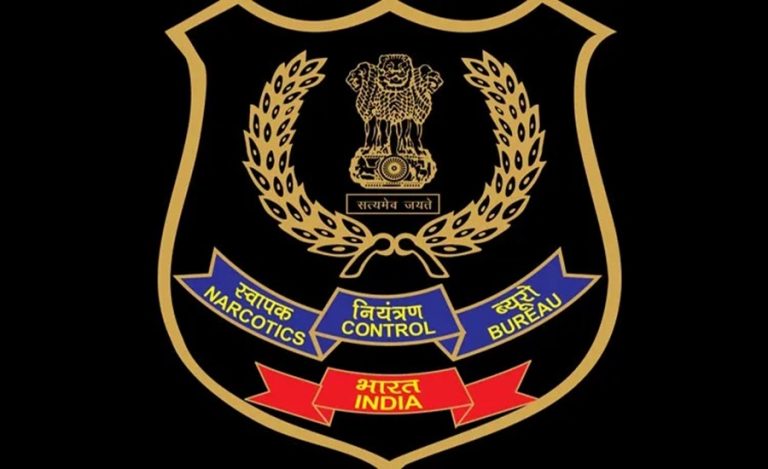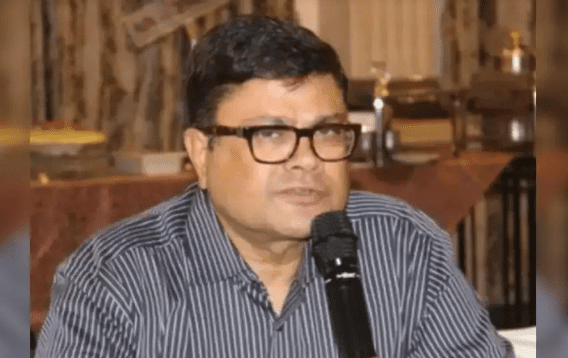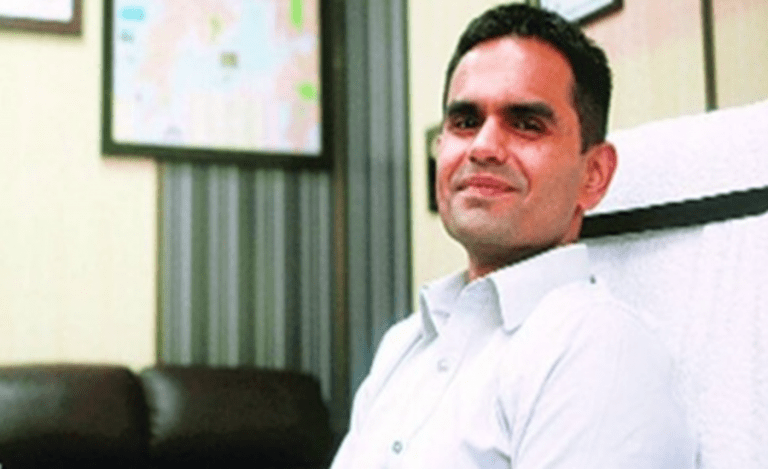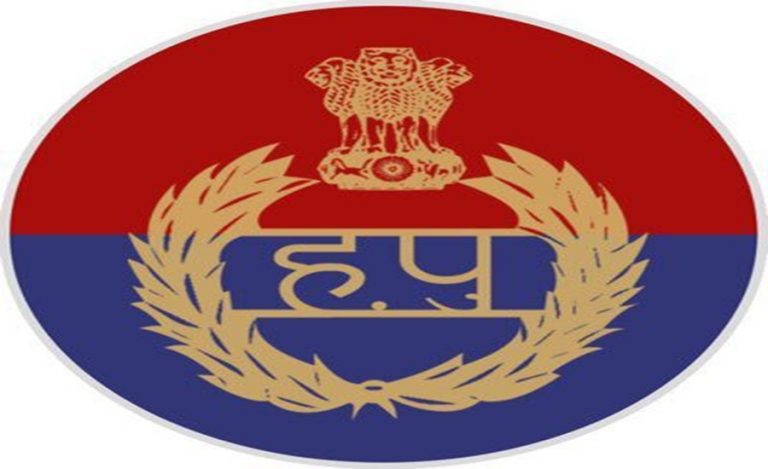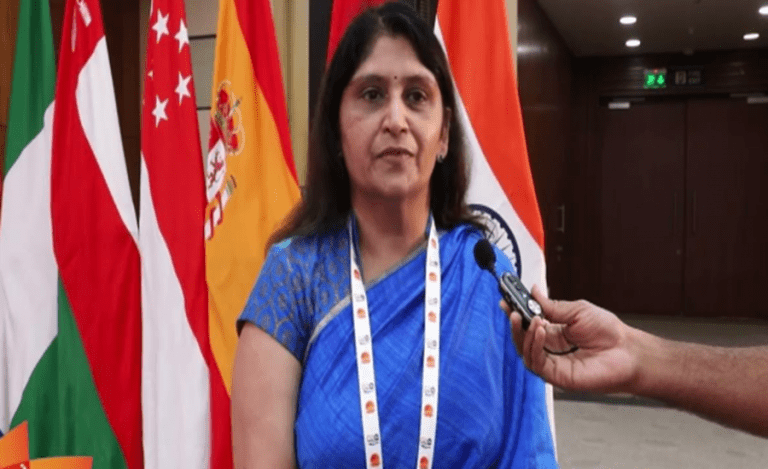Deep in the South Betul Forest Division, near the Maharashtra border, lies Jamundli village. In the remote village, where people mainly relied on subsistence agriculture to survive, there was a persistent problem – 38 families were illegally taking over forest land. The total encroached area was 130 hectare.
THE ENCROACHERS
Encroaching was very common in the region. Some misinterpreted the 2005 Forest Rights Act, intended to empower local communities, as a license to encroach. In Jamundli, this led to a strained relationship between the forest department and the villagers.
Speaking with Indian Masterminds, IFS officer Vejayanantham TR, the DFO of South Betul Forest Division in Madhya Pradesh, shares his experiences in successfully removing encroachers from the land and the challenges he encountered.
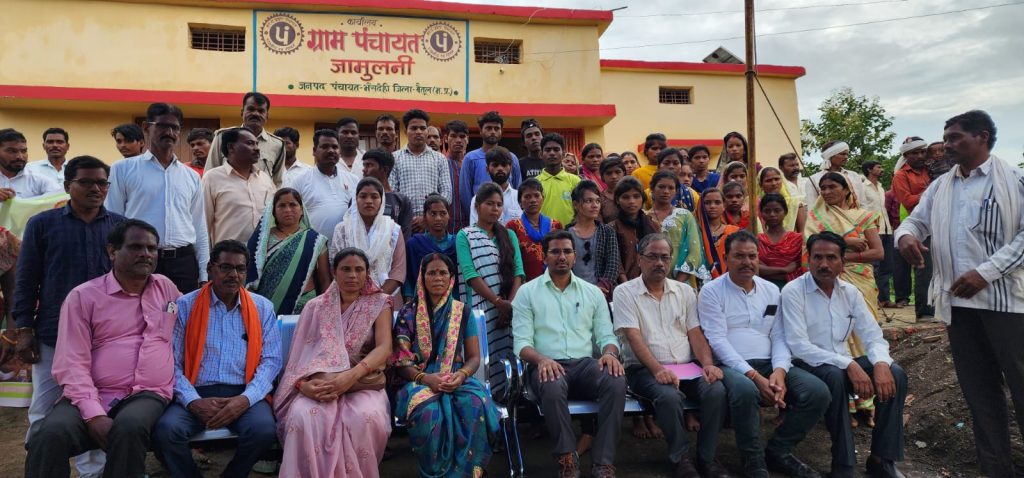
He encountered a wave of resentment upon arriving in April 2022. “People complained they barely earned 20-25,000 rupees a year and had no other options,” Mr. Vejayanantham recalls. Even the encroached land wasn’t a sustainable solution, offering meager yields despite their hard work. The animosity between the villagers and forest staff was visible.
KEY CHALLENGE
The key challenge? The entire village was involved. “Evicting everyone wasn’t a viable solution, and any recovered land could be re-encroached upon,” the officer said. Mr. Vejayanantham realized a different approach was needed – one that prioritized both forest protection and the villagers’ well-being.
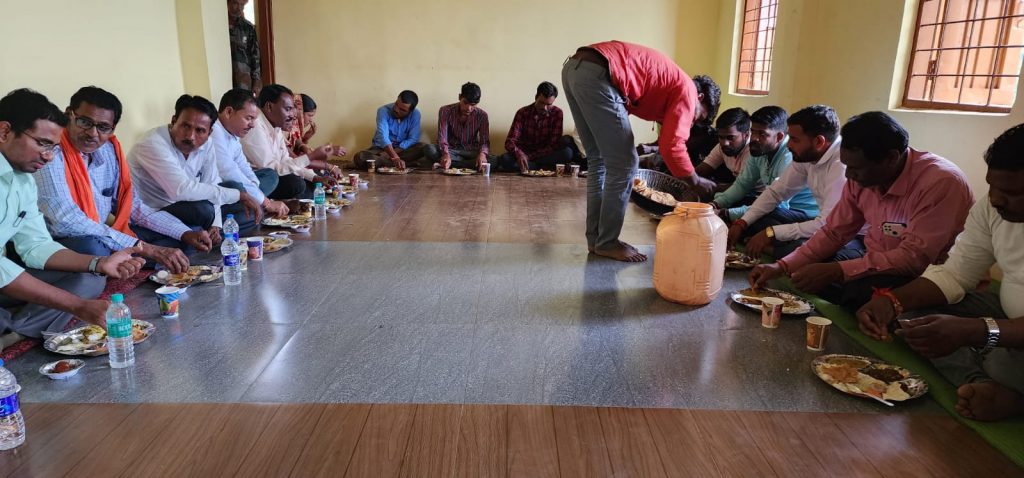
The first step was fostering trust. The department embarked on a massive plantation drive, restoring over 270 hectares of degraded forest near the encroached area. This created local employment opportunities. Villagers, especially those who previously migrated for work, were now earning a steady income as forest watchers, right outside their doorsteps. This initiative not only stopped migration but also ensured a workforce for the next decade.
“In a way, it has halted the migration for the past 2 years and will continue to do so for at least another couple of years, until there is intense work on the plantation,” he added.
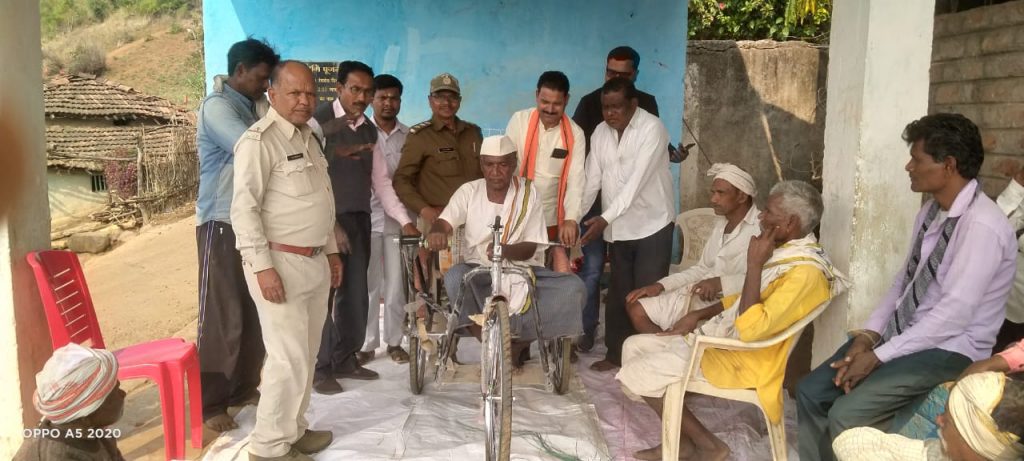
LONG-TERM PLAN
Mr. Vejayanantham recognized the need for a long-term plan that addressed various aspects of the community’s life. He identified two basic needs – clean drinking water and accessible cattle watering holes. The installation of new water tanks has alleviated the long treks undertaken by women for water and reduced the need for villagers to graze their cattle deep inside the forest.
“To attract the youngsters, we installed smart classes in the schools, offering the encroachers’ children a brighter future,” the officer shared. These initiatives, along with skill development programs in tailoring, electrician work, and driving, began to build goodwill. Villagers, particularly women, started earning supplementary income of 2-3,000 rupees through tailoring.
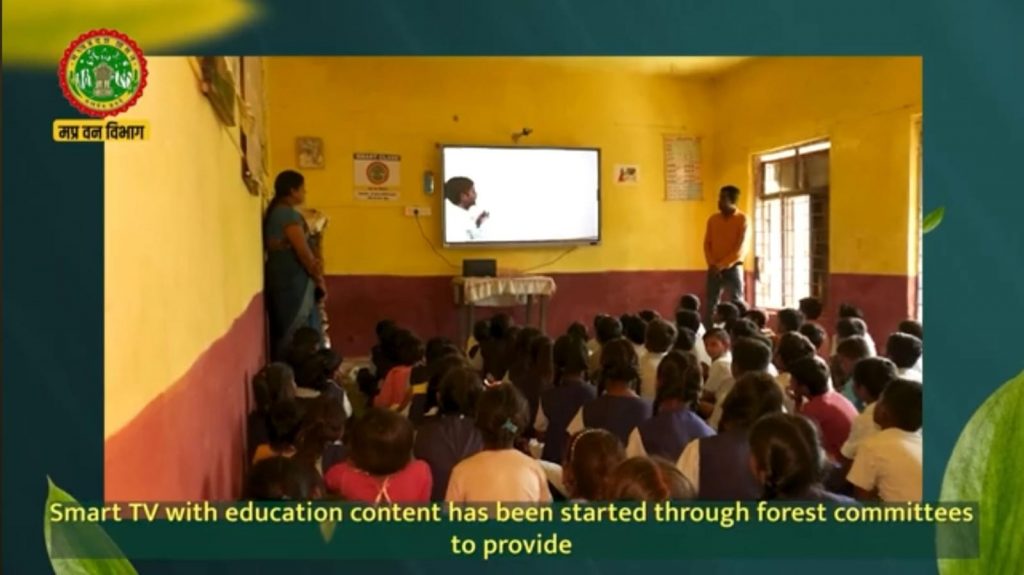
A recent installation of solar lights in the village further solidified the positive relationship. Youngsters from encroaching families were offered jobs with the help of the department, “15-20 people got placed in different companies.” Even bicycles were provided to differently-abled residents upon request. These acts spread over 1.5 years, chipped away at the resistance.
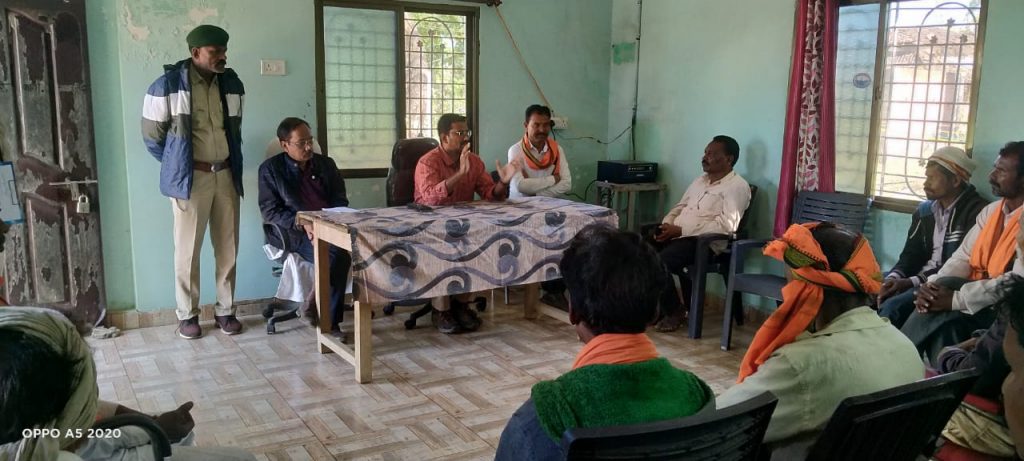
IMPRESSIVE RESULT
The results were impressive. 35 families voluntarily gave up their encroached land and even participated in restoring it through plantation work. Only three families remained reluctant, eventually removed through a joint force of forest officials, police, and revenue authorities.
By addressing livelihood concerns, fostering trust, and investing in the community’s future, IFS officer Vejayanantham TR not only reclaimed the forest land but also empowered the people of Jamundli village.

